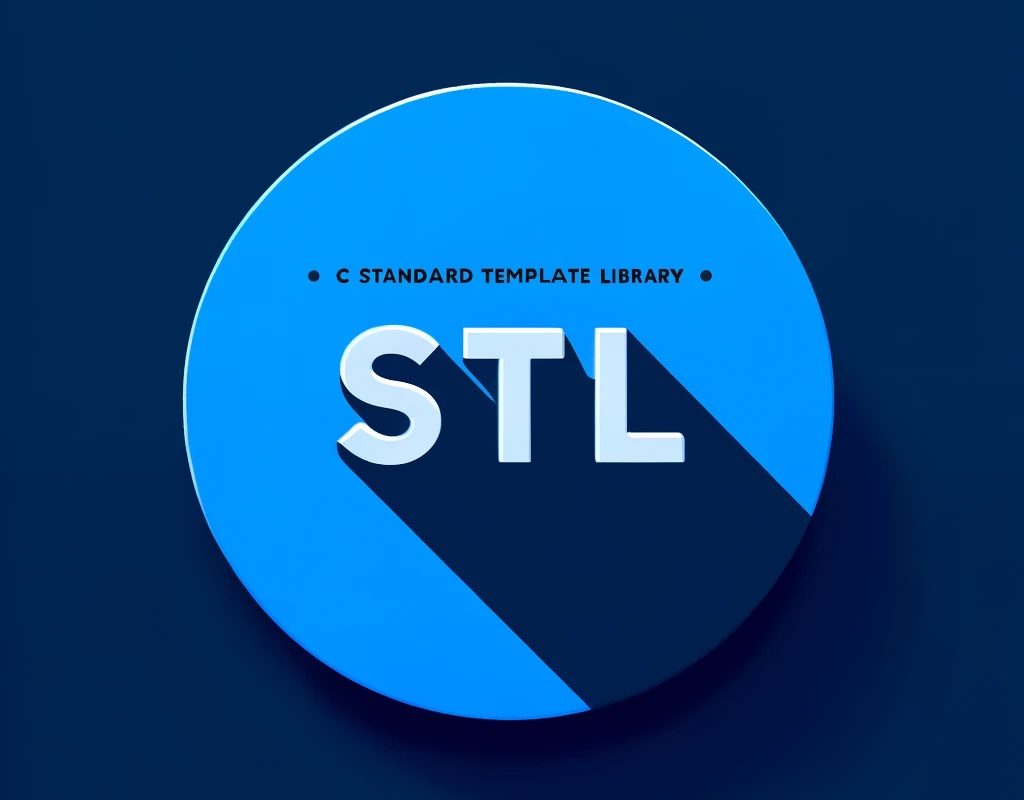A Standard Template Library (STL) is a C++ library of container classes, algorithms, and iterators. It provides many of the basic algorithms and data structures.STL is a generic library, meaning that its components are heavily parameterized: almost every component in the STL is a template.STL can be categorized into the following types: sequence containers etc.
Introduction
The Standard Template Library (STL) stands as one of the most pivotal components of C++ programming, offering a rich assortment of container classes, algorithms, and iterators. At its core, STL embodies the essence of generic programming, empowering developers to create flexible, efficient, and reusable code through the extensive use of templates. Among its myriad offerings, sequence containers emerge as fundamental constructs, enabling the storage and manipulation of sequential data with unparalleled versatility and efficiency.
The Backbone of C++ Development
STL traces its roots to the groundbreaking work of Alexander Stepanov, whose visionary concepts laid the groundwork for the library’s development. Over the years, STL has evolved into an integral part of the C++ Standard Library, embodying principles of abstraction, modularity, and genericity. Its three primary components—containers, algorithms, and iterators—form the cornerstone of modern C++ programming, facilitating a wide array of data manipulation tasks with remarkable ease and efficiency. The generic nature of STL, driven by its template-based design, empowers developers to create highly adaptable code that can seamlessly accommodate diverse data types and structures.
Sequence Containers
Sequence containers, a key subset of STL, serve as indispensable tools for managing sequential data in C++ programs. Defined by their ability to maintain the order of elements and support sequential traversal, these containers offer a diverse range of features and capabilities tailored to specific programming needs. The various types of sequence containers—such as vectors, deques, lists, forward lists, and arrays—each possess distinct characteristics and performance profiles, making them suitable for different scenarios and use cases. From dynamic arrays to linked lists, sequence containers provide a flexible and efficient means of storing and accessing data in C++ programs.
Practical Applications and Use Cases
In practice, sequence containers find widespread utility across a myriad of programming scenarios. Whether storing streaming data, implementing dynamic data structures like stacks and queues, or executing complex search and sorting algorithms, these containers offer unparalleled versatility and efficiency. By leveraging the rich assortment of algorithms and iterators provided by STL, developers can further enhance the functionality and performance of sequence containers, enabling seamless integration into a wide range of applications.
Advanced Techniques and Optimizations
To maximize the efficiency and performance of sequence containers, developers can employ a variety of advanced techniques and optimizations. By carefully managing memory allocation, utilizing move semantics, and exploring custom allocator options, it’s possible to tailor sequence containers to specific performance requirements and usage patterns. Additionally, leveraging specialized algorithms and handling edge cases with care can further enhance the robustness and efficiency of container-based solutions.
Future Trends and Considerations
As C++ continues to evolve and adapt to changing technological landscapes, the role of STL and sequence containers within it remains as vital as ever. Recent developments in the C++ standard have introduced new features and enhancements to STL, while emerging trends such as functional programming and the integration of machine learning present exciting opportunities for further innovation. By staying abreast of these developments and actively participating in the broader C++ community, developers can ensure that their skills and knowledge remain relevant in an ever-changing programming landscape.
Conclusion
In conclusion, the Standard Template Library (STL) and its sequence containers stand as indispensable tools for modern C++ development. By offering a rich assortment of container classes, algorithms, and iterators, STL empowers developers to create efficient, reusable, and maintainable code with unparalleled ease. As we look to the future, the enduring relevance of STL in C++ programming is assured, serving as a testament to its enduring utility and adaptability in the face of evolving programming paradigms and technologies. With its vast array of capabilities and versatility, STL remains an essential asset in the toolkit of any C++ programmer seeking to unlock the full potential of the language.



